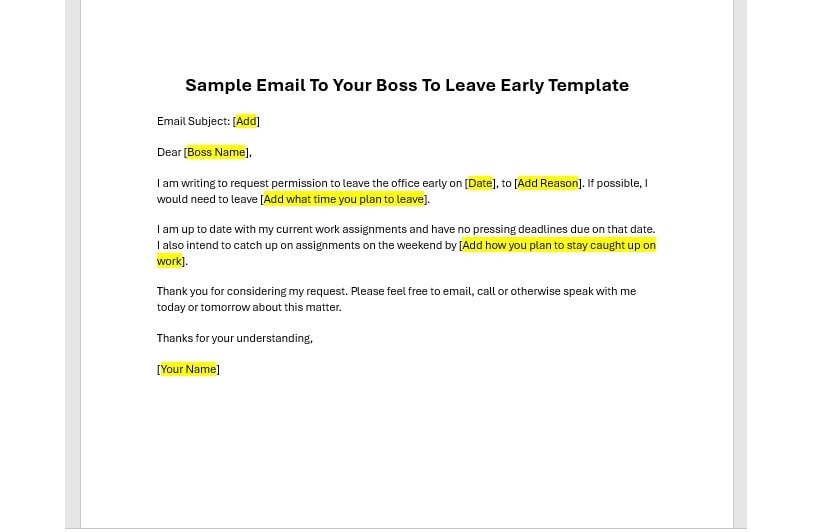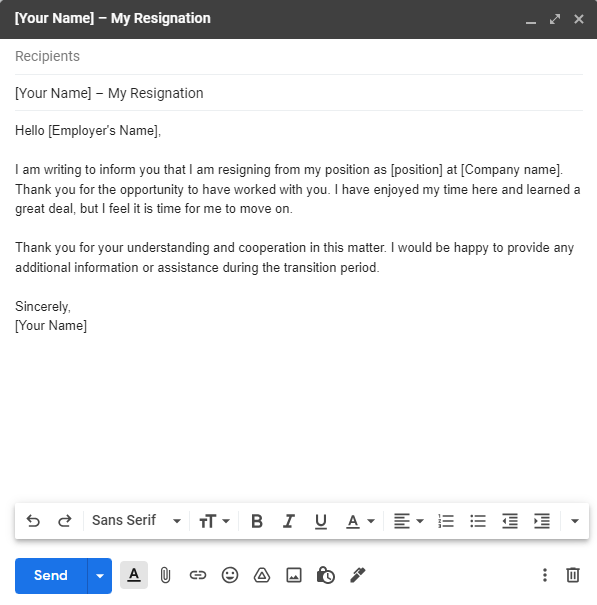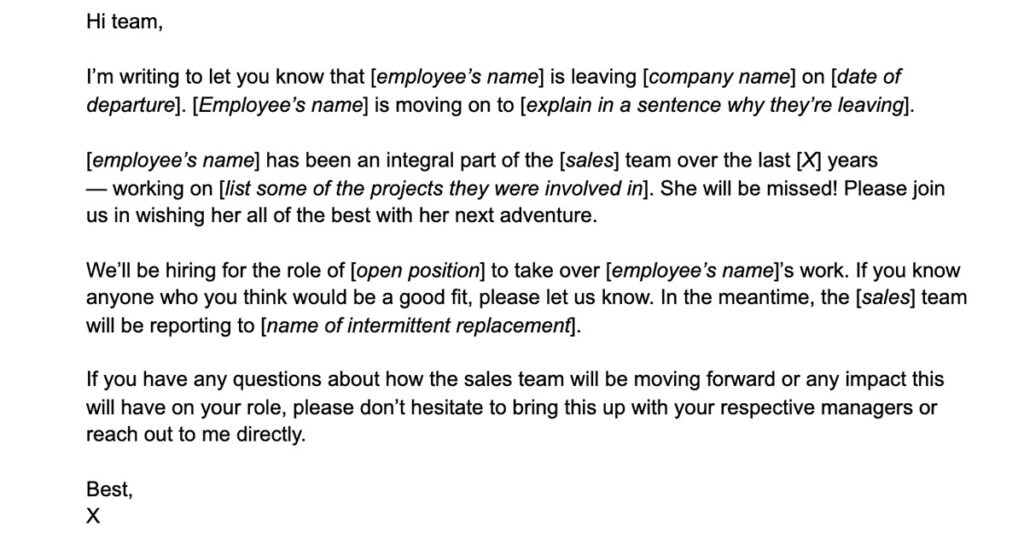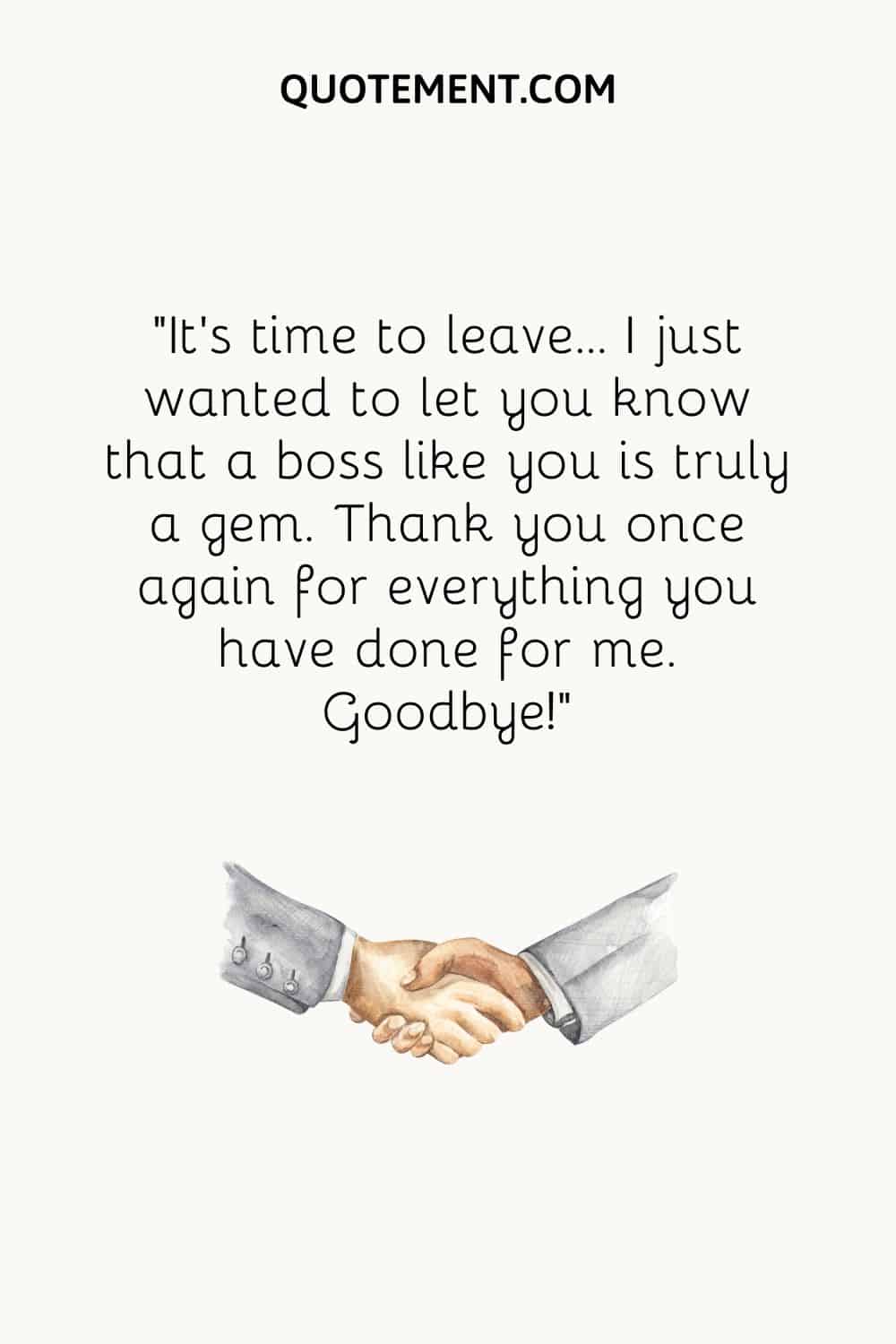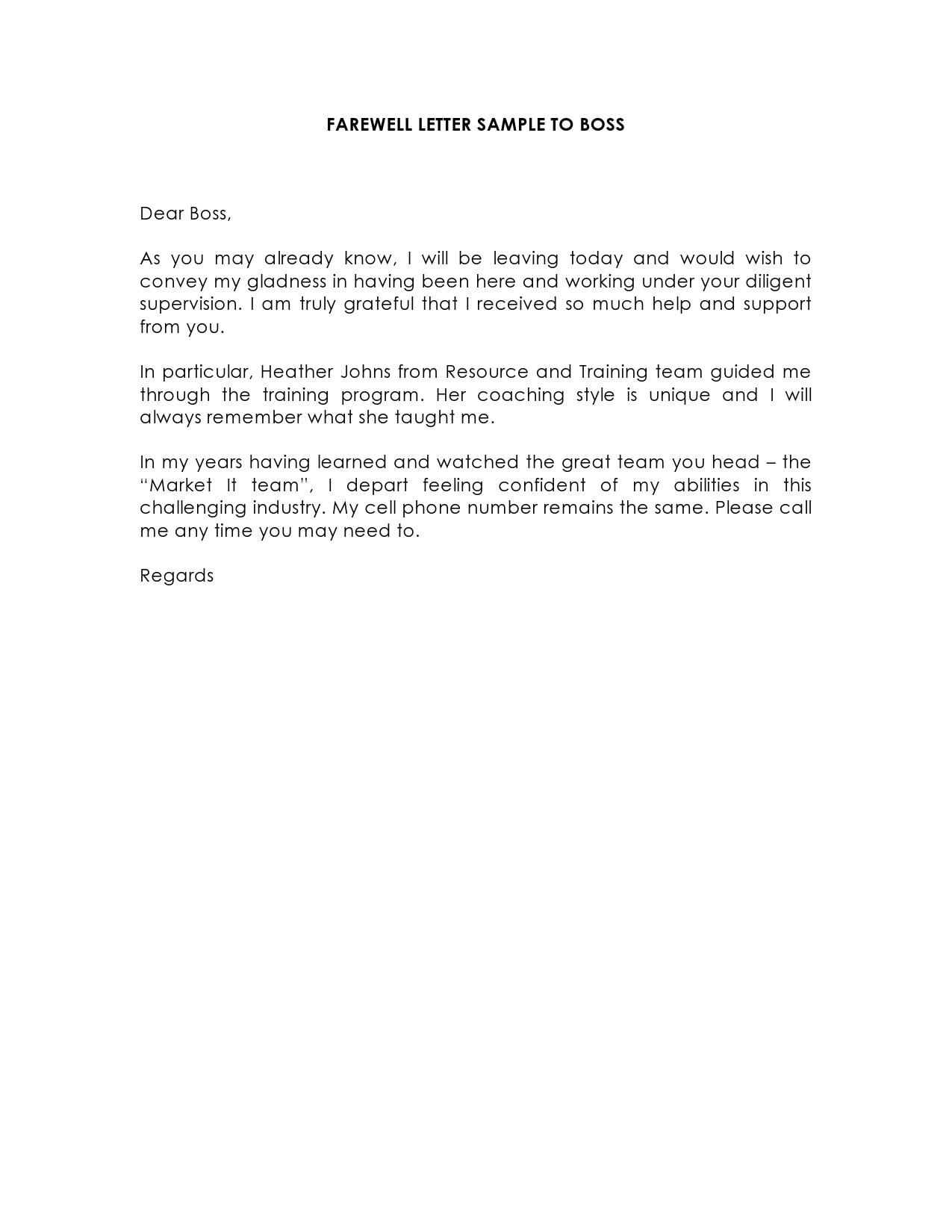How To Let Your Boss Know You Are Leaving

Navigating the delicate terrain of informing your superior about your departure from a company is a pivotal moment in any professional's career. The manner in which this information is conveyed can significantly impact your professional reputation, future opportunities, and the overall transition for both you and your employer.
Leaving a job is a process laden with potential pitfalls and unforeseen complications.
The Nuances of Notification
The core challenge lies in delivering the news in a way that is both professional and respectful. This requires careful planning and consideration of the company culture, your relationship with your manager, and the potential ramifications of your departure. Timing is everything.
Crafting the Conversation
Before scheduling the meeting, prepare your talking points. This includes clearly stating your intention to leave, the date of your departure, and your willingness to assist in the transition process. Avoid emotional outbursts or negative comments about the company or colleagues.
Instead, focus on expressing gratitude for the opportunities you've been given during your tenure. Be prepared to answer questions about your reasons for leaving, but keep your responses concise and professional.
Avoid discussing specifics about your new role or compensation package, unless directly asked and comfortable doing so. As SHRM (Society for Human Resource Management) suggests, framing the conversation around personal growth and new challenges can be a tactful approach.
Delivering the News: The Face-to-Face Meeting
The ideal method for informing your manager is a face-to-face meeting. This allows for a more personal and direct conversation, enabling you to gauge their reaction and address any immediate concerns.
Schedule the meeting in advance and choose a time when you can both have an uninterrupted conversation. Arrive prepared and deliver the news calmly and respectfully. Maintain a professional demeanor throughout the discussion, even if the news is not received well.
Follow up the conversation with a formal written resignation letter, reiterating your departure date and willingness to assist in the transition. This letter serves as an official record of your resignation.
The Resignation Letter: Formalizing Your Intent
The resignation letter should be concise, professional, and error-free. State your intention to resign, the date of your last day, and express gratitude for the opportunities you've had at the company.
Offer your assistance in training your replacement and ensuring a smooth handover of your responsibilities. Avoid including any negative or critical comments about the company or its employees.
According to Forbes, a well-written resignation letter can leave a lasting positive impression, even after you've left the company.
"A resignation letter should be seen as an opportunity to solidify your professional reputation." - HR Dive
Navigating Potential Reactions
Be prepared for a range of reactions from your manager, from understanding and supportive to disappointed or even angry. Regardless of their response, maintain your composure and professionalism.
Avoid getting drawn into arguments or defending your decision. Simply reiterate your gratitude and your commitment to ensuring a smooth transition.
If you are presented with a counteroffer, carefully consider your options. Analyze the reasons for your initial decision to leave and determine if the counteroffer truly addresses those concerns.
The Aftermath: Transition and Exit Interviews
After informing your manager, focus on completing your remaining tasks and training your replacement. Document your processes and procedures to ensure a seamless handover of your responsibilities. Participate in any exit interviews requested by the company.
An exit interview is an opportunity to provide constructive feedback to the company. Be honest and respectful in your responses, focusing on areas for improvement and potential solutions.
Maintain a positive attitude and avoid making negative comments about the company or its employees. Remember that your actions during this period will reflect on your professional reputation.
Leaving a job is an integral part of career progression for many professionals. By managing the resignation process with thoughtfulness, respect, and professionalism, you can preserve valuable relationships, solidify your reputation, and pave the way for future success.





:max_bytes(150000):strip_icc()/2060865a-a00dd037c25547df8a83c13bb57cd695.jpg)

